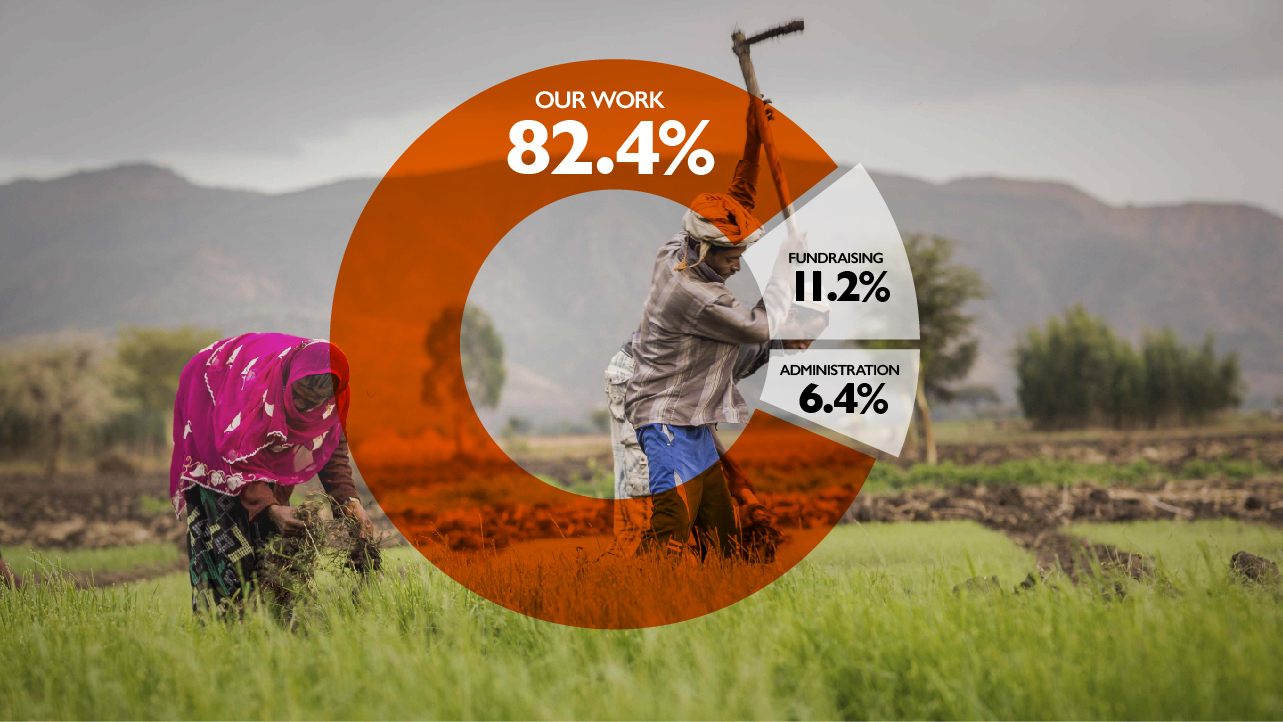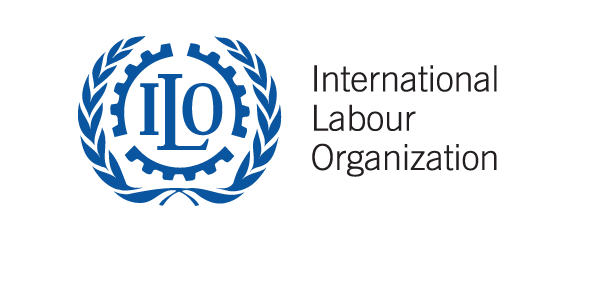
What is child labour?
Child labour is a socio-economic and universal phenomenon. It is the employment of children in an industry or business, especially when the industry or business is considered illegal or exploitative.
Interesting statistics
- The International Labour Organization stated in 2017 that about 152 million children aged 5-17 - 88 million boys and 64 million girls - are engaged in child labour.
- Out of all child labourers, 73 million (nearly 44%) are aged 5 to 11 years old.
- There are 46 countries who do not have laws to protect children under 18 from doing dangerous work.
- About 10 million children are regarded as being trapped in modern slavery.
Why does child labour happen?
Children work because their survival and that of their families depend on it, and in many cases because unscrupulous adults take advantage of their vulnerability. It is also due to inadequacies and weaknesses in national educational systems. It is deeply ingrained in cultural and social attitudes and traditions.
What are the effects of child labour on human wellbeing?
Child labour generates income, which may slightly positively affect human wellbeing. As well as that, children who work under the right conditions may learn useful life skills such as learning to balance work with other activities. However, the positive effects are strongly outweighted by the negative effects.
Child labour deprives children of their childhood, interferes their abilities to be educated and can be physically, emotionally, mentally socially and morally harmful. Children end up doing work that is longer than an appropriate number of hours given the age of the child and/or the type of work, and it deprives their dignity. This negatively affects many dimensions of human wellbeing, including health, education, living standards, and much more.
The worst forms of child labour involves children being enslaved, separated from their families, exposed to serious hazards and illnesses and/or left to fend for themselves on the streets of large cities - often at a very early age.
Millions of them suffer in the other worst forms of child labour, including slavery and slavery-like practices such as forced and bonded labour and child soldiering, sexual exploitation, or are used by adults in illicit activities, including drug trafficking.

As shown in the graph, there is a strong correlation between child labour and mortality rates. (in the graph: R2 = .85)
What factors affect child labour?
- Continued poverty, illiteracy and ignorance of parents
- Population explosion / Large family size
- Low family income
- Tradition of making children learn the family skill
- Lack of political will and weak enforcement of laws
- Unemployment and underemployment
- Migration
What are non-governmental organizations doing to combat child labour?

An example of a NGO which is fighting against child labour is World Vision Australia.

World Vision Australia is an Australian charity organization, founded in 1966 and based in Melbourne. They primarily work to assist overseas communities living in poverty. Their main focus is the wellbeing of children and this is reflected in their motto:
Our vision for every child, life in all its fullness;
Our prayer for every heart, the will to make it so.
WVA raises funds mainly from two sources:
- Child sponsorship programs: Sponsorship links the donor to specific children overseas, and the sponsor makes a long-term commitment to regularly contribute money.
-
"40 Hour Famine": A campaign in which Australians (particularly children) go without food for 40 hours. The campaign is intended to draw attention to the troubles that refugees go through.
- In 2017 and 2018, a "Backpack Challenge" was held in place of the 40 Hour Famine. Participants were only able to make use of what they could fit in a backpack for the length of the 40 hours.

82.4% of WVA's funds go towards field programs and advocacy work. These programs support children and their communities. In 2018, WVA had a total revenue of $398 million dollars, showing just how large this organization is.
Head over to World Vision Australia's website for more details.
What are governmental organizations doing to combat child labour?

An example of a governmental organization which is fighting against child labour is the International Labour Organization.
The International Labour Organization has a report called "Checkpoints for Companies - Eliminating and Preventing Child Labour" about the ways companies can eliminate child labour and the different steps to cover this. The steps include the following:
- Analysis of the situation
- Immediate actions to make
- Strategic actions to make
- Support of child household and welfare
- Elimination of the need for child labour
- Monitoring child labour.
World Vision also made a report called "What can be done to end child labour?" on how to end child labour and stated how governments can do so. According to the report, governments can:
- Create laws that set out working standards (such as age to start work)
- Create laws upholding children's rights
- Create policies addressing domestic poverty
- Create purchasing policies and seeking childlabour free options
- Advocate other governments to take action against child labour